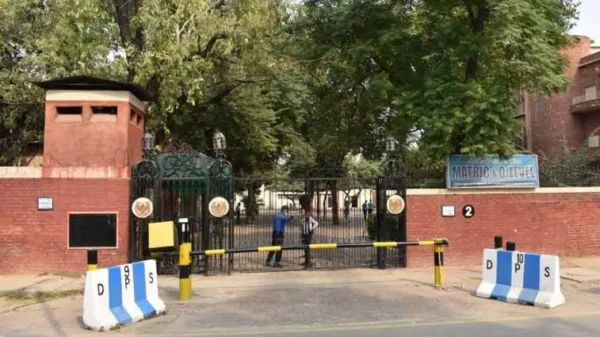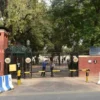Katcha Dacoits
In a recent session of the Senate Standing Committee on Water Resources, a significant and alarming disclosure was made by committee member Poonjo Bheel.
Bheel accused the notorious Katcha dacoits of engaging in the illegal sale of water from the Sindh region. This accusation has added a new layer of complexity to the ongoing water resource issues in the area.
The revelation by Bheel sparked a heated debate, especially when the discussion veered towards the controversial Kala Bagh Dam. The meeting, presided over by Senator Shahadat Awan, saw Bheel expressing his frustration over the rampant water theft occurring in Sindh.
He highlighted the severe impact this theft has had on the province’s farmers, who are struggling due to the lack of access to water essential for their livelihoods.
Bheel’s frustration was compounded by what he described as a lack of response from the authorities. He criticized the federation and other provinces for refusing to take responsibility for the water theft issue, leaving Sindh’s water crisis unresolved.
According to Bheel, despite the gravity of the situation, no effective measures have been taken to address the problem.
The discussion intensified when another committee member, Humayun Mohmand, raised questions about the Kala Bagh Dam. Mohmand demanded transparency regarding the dam project, calling for the release of scientific research and data on its potential impact.
He pointed out that there had been no recent discussions or updates about the dam and suggested that it was crucial to revisit the topic to clarify its implications.
Bheel, however, strongly opposed including the Kala Bagh Dam in the meeting’s agenda. He argued that focusing on the dam would only add to Sindh’s grievances, which have already been exacerbated by water mismanagement and theft.
Bheel insisted that the committee’s attention should remain on resolving the current water issues affecting Sindh rather than revisiting contentious topics like the Kala Bagh Dam.
The debate underscored the ongoing provincial tensions regarding water resources. Sindh representatives are deeply concerned about the alleged theft and mismanagement of their water supplies.
The meeting also included a briefing from a member of the Water and Power Development Authority (WAPDA), who informed the committee about the Chashma Lift Canal project.
This project, estimated to cost Rs 190 billion, was approved by the Council of Common Interests in 2017. The Additional Secretary for Water Resources added that the project would be fully funded by the Khyber Pakhtunkhwa government.
This session highlighted the urgent need for effective management and resolution of water issues in Sindh and addressed the broader challenges facing water resource distribution in Pakistan.










